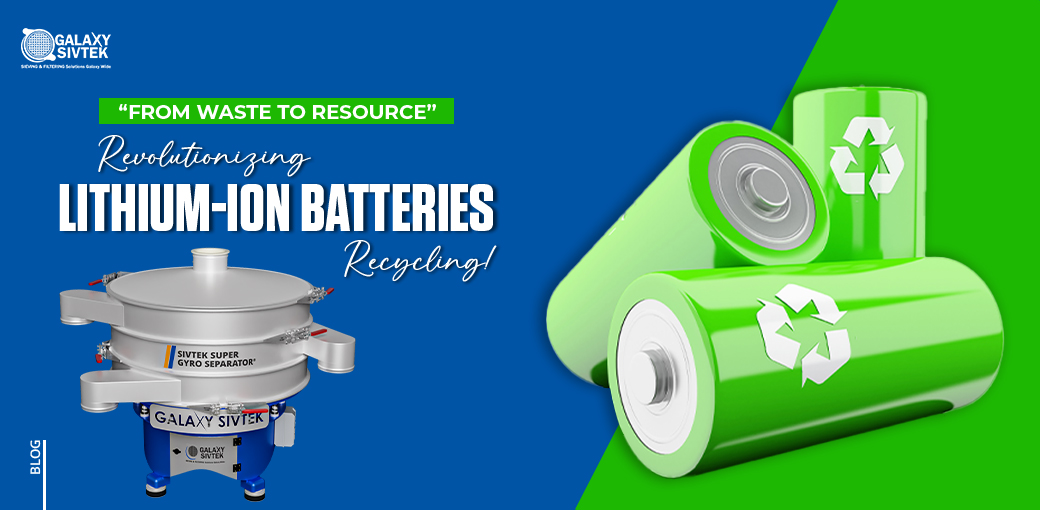
Committed To Quality, Committed To You
As the world increasingly relies on electronic devices and electric vehicles, the demand for lithium-ion batteries has surged. These batteries power everything from smartphones and laptops to electric cars and renewable energy storage systems. However, the rapid proliferation of lithium-ion batteries presents a significant environmental challenge. Improper disposal of these batteries can lead to severe environmental pollution and health hazards. This is where recycling lithium-ion batteries becomes critically important.
Lithium-ion batteries contain valuable materials such as lithium, cobalt, nickel, and other metals that can be recovered and reused. By recycling these batteries, we can reduce the need for mining new raw materials, thereby conserving natural resources and minimizing environmental degradation. Moreover, recycling helps in preventing hazardous substances from contaminating soil and water, thus protecting ecosystems and human health.
Recycling also contributes to reducing greenhouse gas emissions. The production of new batteries from recycled materials requires significantly less energy compared to manufacturing them from virgin raw materials. This energy savings translates to a lower carbon footprint, helping to combat climate change.
The process of recycling lithium-ion batteries involves several crucial steps, each designed to efficiently recover valuable materials and ensure environmental safety.
Recycling lithium-ion batteries is not just an environmentally responsible practice but also an economically beneficial one. The recovery of valuable materials like copper, aluminum, and lithium reduces the need for mining and lowers the environmental impact associated with battery production. The advanced screening and separation process, exemplified using the Sivtek super gyro separator, is crucial in achieving efficient recycling. By adopting such technologies, we can ensure that the recycling of lithium-ion batteries is both effective and sustainable, contributing to a cleaner and greener future.
